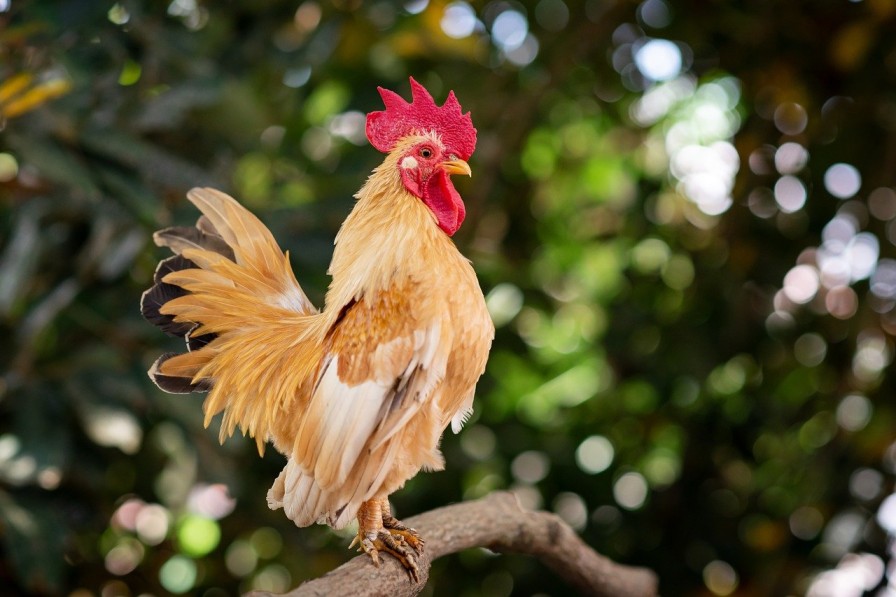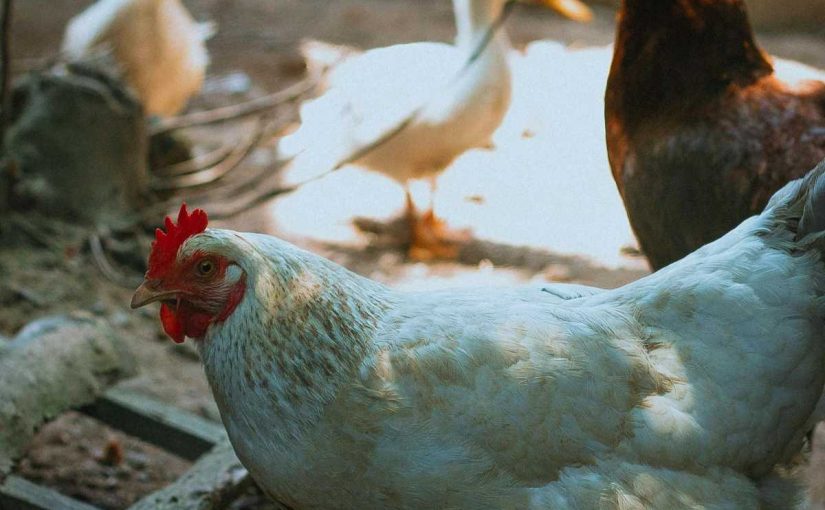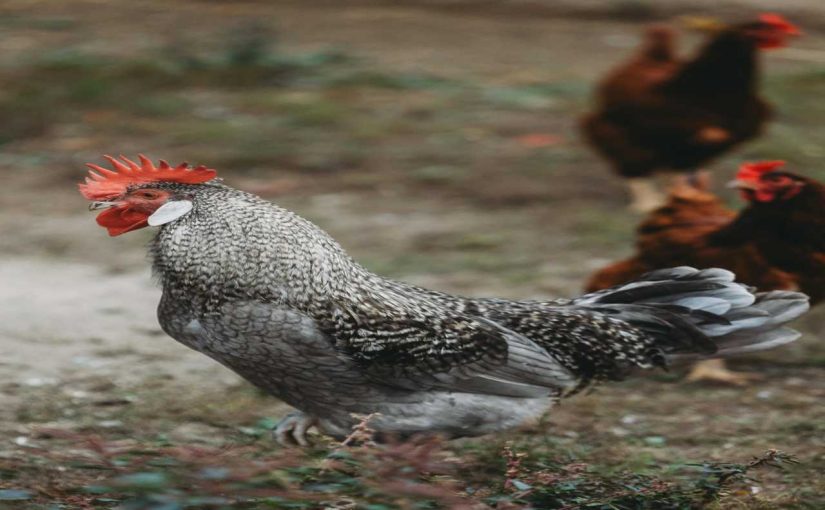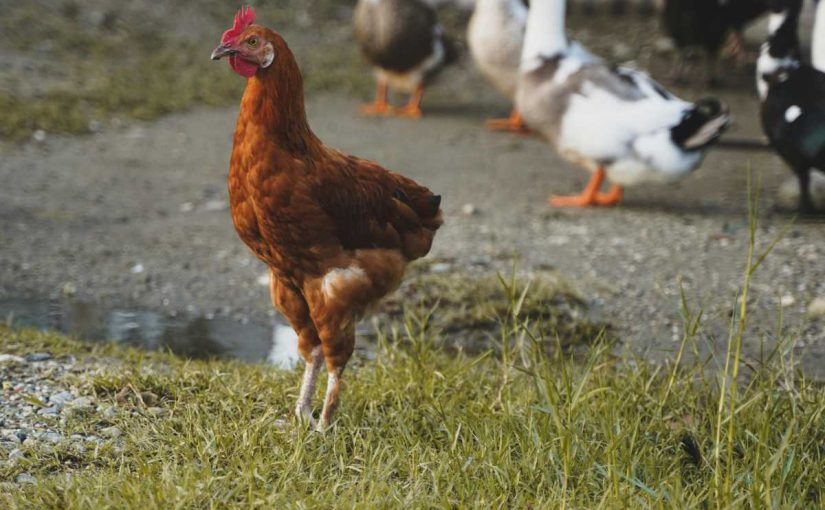Raising chickens can be a rewarding and fulfilling endeavor, whether for fresh eggs, meat, or simply as pets. However, selecting the right chicken breed is crucial for your success. With numerous breeds available, each with unique characteristics, understanding what to consider will help you make an informed decision. This blog will guide you through the top five ways to decide on the best chicken breed for your needs.
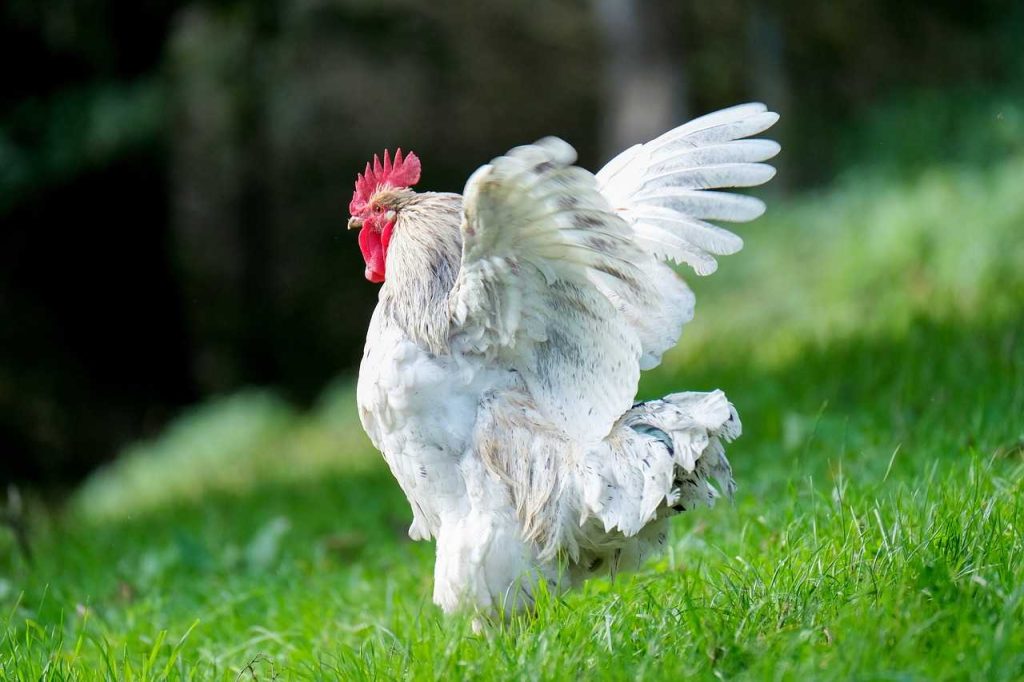
1. Determine Your Purpose for Raising Chickens
Before choosing a chicken breed, it’s essential to identify your primary purpose for raising them. Different breeds excel in various areas, such as egg production, meat quality, or companionship.
Types of Chicken Purposes:
- Egg Production: If your primary goal is to have a steady supply of eggs, look for breeds known for high egg production. Breeds like the Leghorn, Rhode Island Red, and Plymouth Rock are popular choices for their prolific laying capabilities. On average, Leghorns can lay around 280-300 eggs per year, making them a top choice for egg production.
- Meat Production: If you plan to raise chickens primarily for meat, consider breeds like the Cornish Cross or Red Ranger. These breeds grow quickly and produce a higher yield of meat compared to typical laying breeds. Cornish Cross can be ready for processing in as little as 6-8 weeks, making them an efficient choice for meat production.
- Dual-Purpose: For those wanting both eggs and meat, dual-purpose breeds like the Orpington or Australorp are excellent options, offering a balance of good egg production and sufficient meat quality. Orpingtons are known to lay about 200-300 eggs annually while also being good meat birds.
- Pets and Companions: If your goal is companionship, consider friendly and sociable breeds such as the Silkie or Cochin. These breeds are known for their calm demeanor and make excellent pets. Silkies are particularly loved for their fluffy appearance and gentle nature, making them popular among families with children.
Considerations:
- Write down your primary goals for raising chickens. Having a clear idea of your objectives will guide your research.
- Research breeds that align with your goals, focusing on their specific traits and characteristics. Online forums and agricultural websites can provide insights into different breeds’ performance in various scenarios.
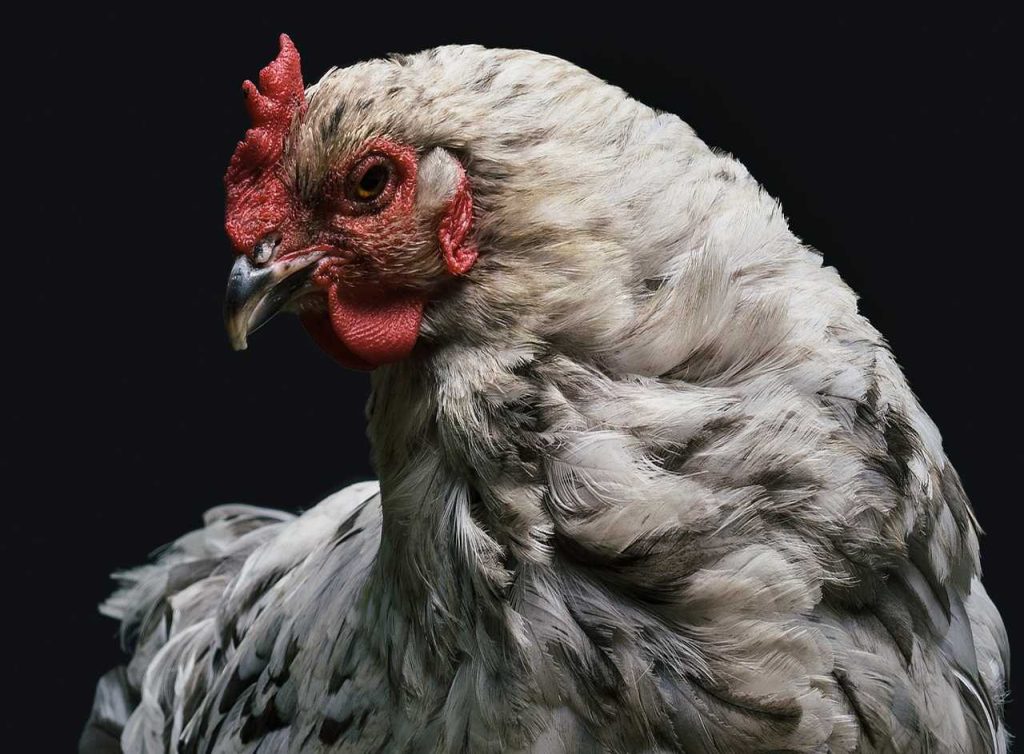
2. Evaluate Your Climate and Environment
Chickens are affected by their environment, including climate, space, and housing conditions. Selecting a breed that can thrive in your specific climate is essential for their health and productivity.
Climate Considerations:
- Cold Climates: If you live in a colder region, choose breeds that are known for their cold hardiness. Rhode Island Reds, Plymouth Rocks, and Wyandottes are robust breeds that can tolerate cold weather. These breeds often have good feathering and body mass to keep them warm. Providing extra bedding and insulated coops can further enhance their comfort during winter.
- Hot Climates: In hotter regions, look for breeds that are heat-tolerant. Breeds such as the Leghorn, Ancona, and Spanish are well-suited for warm climates, as they have lighter feathering and can withstand heat stress better than other breeds. Consider providing shade and plenty of fresh water to keep them comfortable in the heat.
Environmental Factors:
- Space Availability: Consider the amount of space you have for your chickens. Some breeds require more space than others, particularly larger breeds. Generally, you should provide at least 4 square feet per chicken inside the coop and 10 square feet in the outdoor run.
- Housing Conditions: Ensure your coop is well-ventilated, secure, and protected from predators. Certain breeds may have different needs for roosting and nesting based on their size and feathering. Investing in a solid coop design can enhance their safety and well-being.
- Predator Considerations: Depending on your area, be aware of potential predators. Some breeds, such as Game Hens, are known for their alertness and can help deter predators. Ensuring that your coop has secure locks and barriers will provide an extra layer of protection.
3. Consider Maintenance and Care Requirements
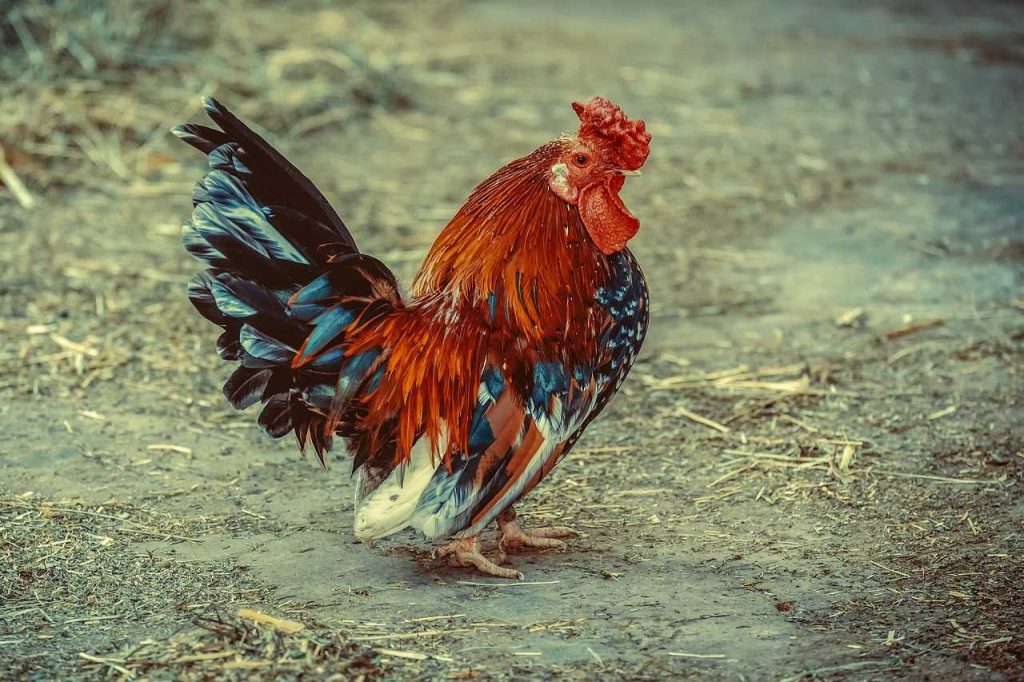
Each chicken breed has different maintenance and care needs, including diet, housing, and healthcare. Assessing how much time and effort you can dedicate to caring for your chickens will help narrow down your options.
Maintenance Factors:
- Feeding: All chickens require a balanced diet, but some breeds may have specific dietary needs or preferences. For example, larger breeds may need a higher protein content during growth stages, while layer breeds require specific nutrients for optimal egg production. Commercial layer feed typically provides the necessary calcium and protein levels for consistent egg production.
- Molting and Egg Laying: Some breeds are consistent layers year-round, while others may slow down production during molting periods. For example, Leghorns are known for their prolific laying, while Silkies may be less reliable. Understanding a breed’s laying patterns can help you manage expectations and plan accordingly.
- Health and Disease Resistance: Research the common health issues associated with different breeds. Some breeds may be more prone to certain diseases, requiring more attention and care. Breeds such as Red Rangers are often noted for their hardiness and disease resistance. Establishing a routine for health checks and vaccinations will help maintain a healthy flock.
- Grooming Needs: Some breeds may require more grooming than others, especially those with long feathers or special characteristics. For instance, Silkies have a unique feather structure that requires regular checks to prevent matting. Setting aside time for grooming and health checks can enhance the well-being of your chickens.
Care Considerations:
- Make a list of your available resources for caring for chickens, including time, finances, and knowledge of chicken husbandry. Assess your commitment level and the infrastructure you can provide.
- Choose breeds that align with your capacity to provide proper care. Consulting with local chicken keepers can also provide insights into what breeds perform best in your area.
4. Research Breed Temperament and Behavior
Understanding the temperament and behavior of different chicken breeds is vital, especially if you plan to have children or other pets around. Some breeds are more docile and friendly, while others may be more aggressive or skittish.
Temperament Traits:
- Docile Breeds: Breeds like Cochins, Silkies, and Orpingtons are known for their friendly and calm nature, making them great for families and children. They tend to be social and can easily adapt to handling, making them suitable for beginners.
- Active and Foraging Breeds: If you enjoy having free-range chickens that actively forage, consider breeds such as Red Rangers or Americanas. These breeds are typically more independent and adventurous, which can be entertaining to watch as they explore their environment.
- Protective Breeds: If you’re concerned about predators, certain breeds like the Game Hen or Brahma may be more vigilant and protective of their flock. They often exhibit more assertive behavior and can serve as natural guards for the coop.
Behavioral Considerations:
- Spend time interacting with different breeds before making a decision. Visit local farms or poultry shows to observe their behavior. You may also consider fostering chickens temporarily to gauge their compatibility with your family.
- Choose breeds that fit well with your lifestyle and the dynamics of your household. For example, if you have small children, breeds known for their gentleness and patience will be a better choice.
5. Seek Recommendations and Experiences from Other Chicken Keepers
Networking with other chicken keepers can provide invaluable insights into choosing the best breed for your needs. Hearing firsthand experiences can help you understand how different breeds perform in real-life situations.
Ways to Connect with Other Chicken Keepers:
- Local Chicken Groups: Join local chicken keeping groups or clubs, either in person or online. Engaging with others who have experience raising chickens can help you gather recommendations and advice. Many towns have community gardens or agricultural organizations that host workshops on chicken care.
- Social Media and Forums: Utilize social media platforms and online forums to connect with chicken enthusiasts. Many groups offer discussions on breed recommendations, care tips, and problem-solving. Platforms like Facebook and Reddit have active chicken-keeping communities where you can ask questions and share experiences.
- Farmers’ Markets and Poultry Shows: Attend local farmers’ markets, agricultural fairs, or poultry shows. Interacting with other chicken owners can provide insights into breed performance, temperament, and health. You may also discover local breeders who can provide additional resources and support.
Additional Considerations:
- Ask for advice on common challenges associated with specific breeds. Understanding potential difficulties can prepare you for challenges down the road and help you feel more confident in your choice.
- Gather recommendations based on your local climate and environment, as experiences may vary by region. Locals can provide valuable insights into breeds that thrive in your specific area.
Conclusion: Finding the Perfect Chicken Breed for You
Choosing the right chicken breed is an essential step in starting your chicken-keeping journey. By considering your purpose for raising chickens, evaluating your climate and environment, assessing maintenance requirements, understanding breed temperament, and seeking advice from other chicken keepers, you can make an informed decision that suits your needs and lifestyle.
Remember, there is no one-size-fits-all answer when it comes to selecting the best chicken breed. The perfect breed for you will depend on your unique circumstances, preferences, and goals.

